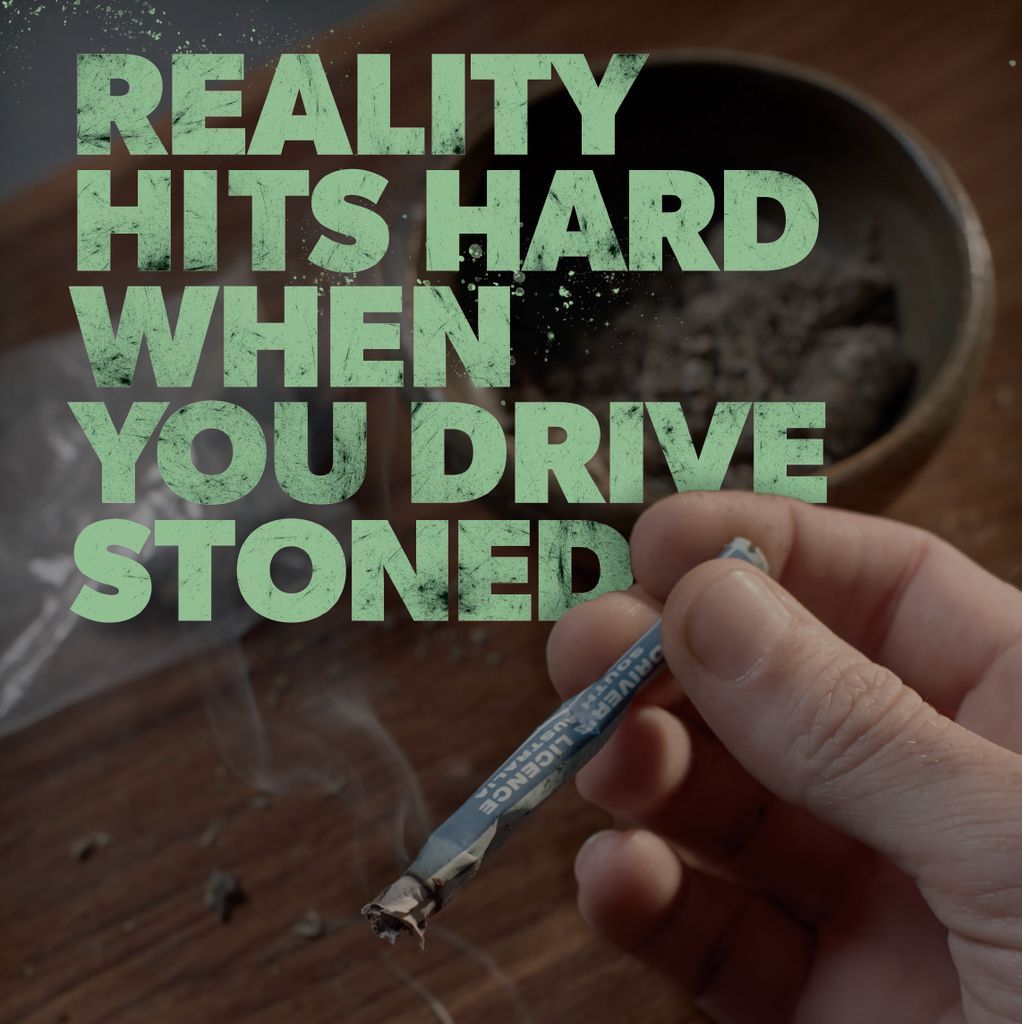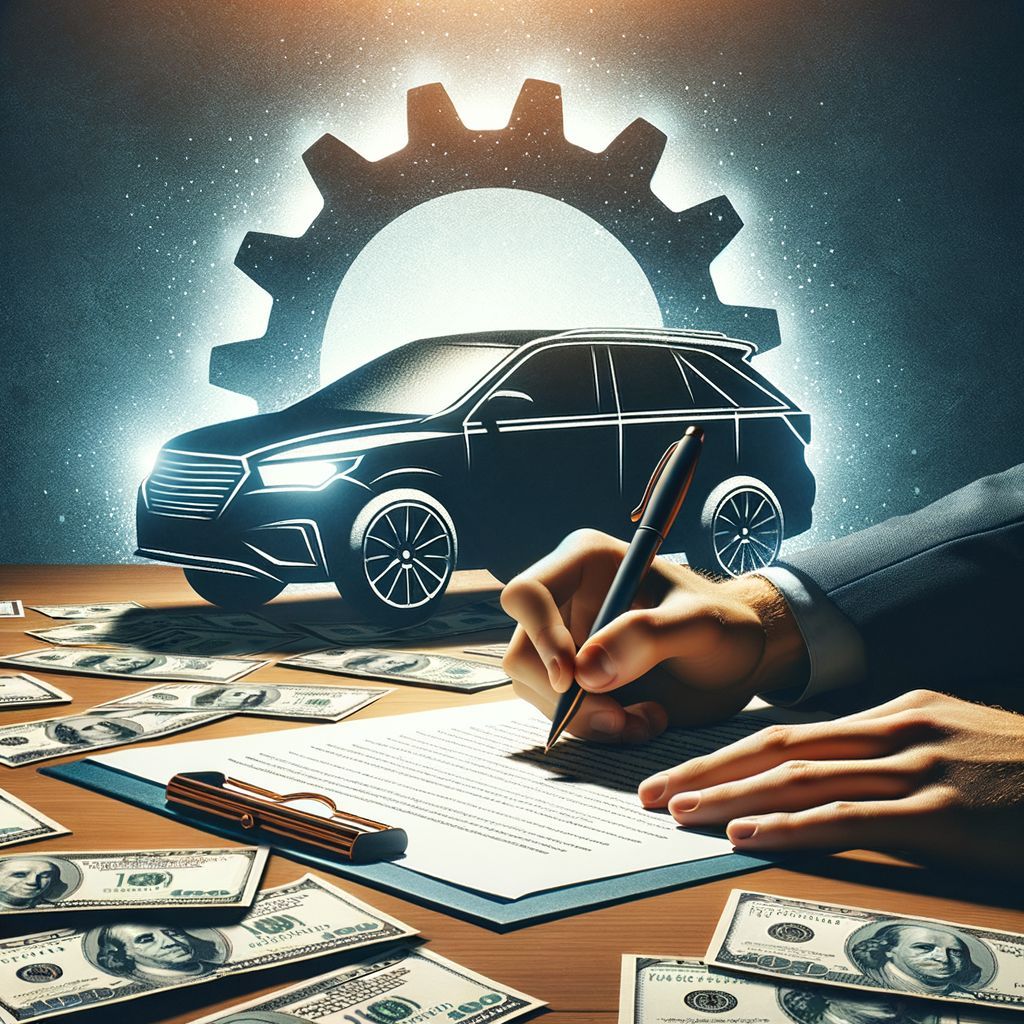

Pic: Midjourney
Editors' Note: Many Fast News images are stylised illustrations generated by Dall-E. Photorealism is not intended. View as early and evolving AI art!

Stark reality,
Drugged up drivers face the truth,
Black Sheep leads the way.

South Australia Police teams up with Black Sheep Advertising on hard-hitting campaign targeting drug drivers
Black Sheep Advertising has unveiled a visually brutalistic new campaign for South Australia Police (SAPOL) aimed squarely at drug drivers.
The campaign, which officially launched on 7 March 2024, seeks to confront drug drivers with the potential consequences of their actions and instil a fear of being caught by the police.
Between 2018 and 2022, 66 deaths and 540 serious injuries on South Australian roads were directly linked to drug driving. The campaign is designed to challenge the misconceptions held by drug users about their driving abilities and the lack of consequences.
“Research shows there is a stark difference between reality and the misconceptions of a drug driver. Methamphetamine users hold the idea that they are vigilant and highly reactive, while those using cannabis tend to think they are driving more cautiously," Director of Client Services at Black Sheep Advertising, Tom Ootes, said.
Black Sheep Agency Principal, Andrew Millar, added, “Cannabis users don’t enjoy driving when stoned. They know it affects depth perception, reaction time and judgement. While meth makes drivers aggressive, over-confident and dangerously drowsy as the high wears off.”
The campaign will be rolled out across TV, digital, radio, outdoor and social media platforms. This is the fourth campaign Black Sheep has developed for SAPOL, following the Effie Award nominated anti-drink-driving campaign 'Selfish Prick'.
Black Sheep Advertising, an independent, full-service advertising agency established over 18 years ago, is known for its innovative and client-centric solutions.
“This is not a message for all road users. We want drug drivers to see themselves here, reflect on their experience and pre-load a sense of paranoia in them before they get behind the wheel," Millar concluded.










